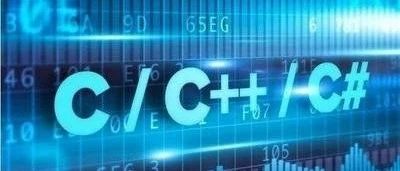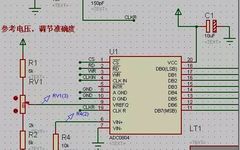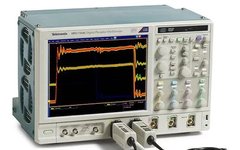Answers to Programmable Controller Applications at Hubei Open University
[Image] Click the blue text to follow immediately [Image] 1. The programmable controller uses a microprocessor as the central processing unit, which can control logical quantities and also control ( ) . Reference: analog quantities 2. The PLC has logical operation functions and can describe various connections such as the series of relay contacts and … Read more






